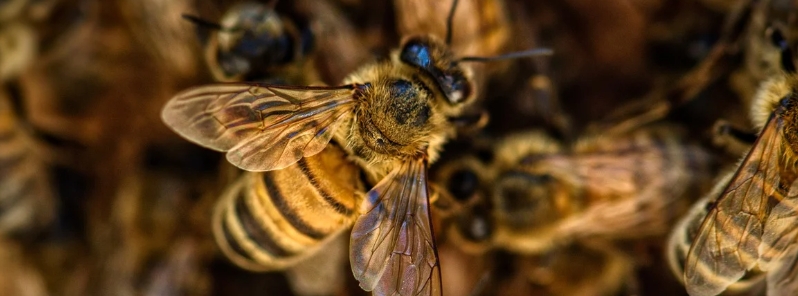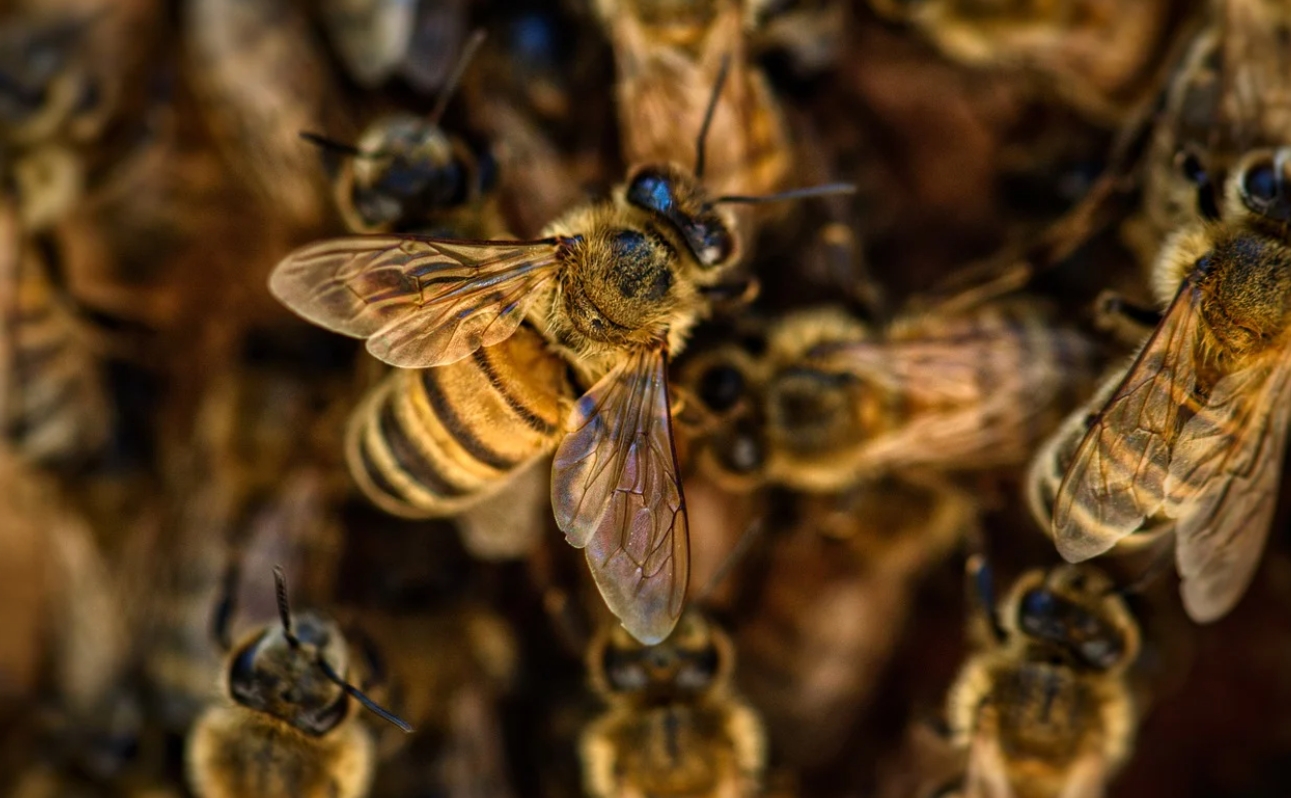U.S. beekeepers report 43.9 percent of honeybee colonies losses

Beekeepers across the U.S. lost 43.9 percent of honeybee colonies between April 2019 and April 2020, with the majority of the losses recorded during the summertime, according to the preliminary results of the 14th yearly nationwide survey conducted by Bee Informed Partnership (BIP).
Every April, researchers with the BIP distribute flyers across the U.S. asking participants to give information about the colonies they manage over the last 12 months. The results of the recent survey were released Monday, June 22, showing that summer was worse than winter in 2019.
"They give us the number of colonies they managed at different times, the number of splits they made or new colonies they bought or sold, etc., and from all that information, we calculate the 'turnover rate,'" said BIP's science coordinator, Nathalie Steinhauer.
According to the latest results, losses over the past winter were down 15.5 percentage points from the winter before it.
"We recorded high losses in the summer of 2019 on the other hand," added Steinhauer, who is also a post-doctoral researcher in the entomology department at the University of Maryland.
She continued, "And when we dig deeper into beekeeper categories, we realized it was mostly large sale migratory beekeepers that seemed to suffer the most that summer."
BIP's survey results do not provide an autopsy report colony by colony, but the questionnaires ask about the suspected cause of losses.
"We ask beekeepers their opinion as to what caused their colonies to be lost, but it is rather subjective and most indicative of what the beekeepers perceive are the high-risk factors," said Steinhauer.

Among the largest threats to bee colony health are parasites, especially the Varroa mite– a variety of viral and fungal pathogens; pesticides, and poor nutrition.
These threats can be worsened by weather patterns, as well as poor management practices. Steinhauer noted that weather anomalies best explain the unprecedented results from the previous survey.
"We have heard anecdotally from various sources that spring 2019 was particularly late and wet, slowing a lot of the development of colonies and queen rearing early in the year, which meant colonies did not grow as strongly as you would have wanted."
"Some level of colony turnover is normal, but the question is how much is normal and how much is too much," she added.
BIP was largely started to help address the question, but Steinhauer suggests that there is still not enough data. "We know from beekeepers that they think the current levels are really high."
"Also, a lot of beekeepers tell us that they've managed to keep the colony numbers high, but they notice the colonies are not as 'plump' as they used to be. It's hard because again, we don't have historical data on those aspects either. So, generally, we say our goal is to improve honey bee health."


Image credit: TerriAnneAllen/Pixabay
Steinhauer and other researchers are also working on ways to fight the honeybee's biggest threats. "Each of those can affect honey bees directly, and each of those impact the effects of the others."
"Nutrient deprived bees have lower capabilities to detoxify pesticides; infected bees will not collect as much food from their environment. It is all a vicious circle where one stressor makes it harder for bees to resist the others."
Research suggests that when bees live in generally healthier ecosystems and have access to a better diversity of plants, they would be able to fight off parasites and resist other diseases.
"There is no single culprit which means there is no single solution. But if we generally improve the environment our bees — and we — live in, it might help more than the bees themselves."
Featured image credit: TerriAnneAllen/Pixabay

Sugar Land Texas going strong. No worries
Southern Iowa, past 2 weeks at my place all pollinators gone. No bees, bumbles, carpenter bees, wasps, hornets, and hummingbirds…… nothing is setting new fruit or veg. Rural area. 90 miles southwest of Des Moines. I am getting really really worried.